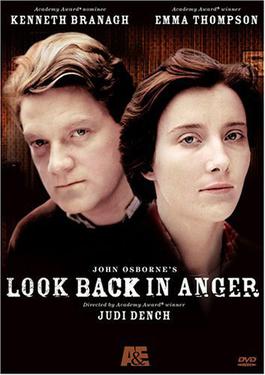Prime, he editado el post para poder comparar con uno de los temas de Indochina, de su época gloriosa. A ver que te parece.
Dios, ya digo, en Jack Ryan no es Doyle, parece que lo ha abducido un ultra cuerpo, cómo en la película de Don Siegel.

 ¡Bienvenido a mundodvd! Regístrate ahora y accede a todos los contenidos de la web. El registro es totalmente gratuito y obtendrás muchas ventajas.
¡Bienvenido a mundodvd! Regístrate ahora y accede a todos los contenidos de la web. El registro es totalmente gratuito y obtendrás muchas ventajas.


 LinkBack URL
LinkBack URL About LinkBacks
About LinkBacks

 Citar
Citar





 . Doyle se echa a reír y dice que si, que el no necesita más que papel pautado y lápiz, que por otro lado es cómo se ha compuesto toda la vida.
. Doyle se echa a reír y dice que si, que el no necesita más que papel pautado y lápiz, que por otro lado es cómo se ha compuesto toda la vida. 
 . Most of the orchestra had not met Pat and didn’t know him from Adam, so it was up to Simon Rattle to calm the situation quickly and introduce him, “Ladies and gentlemen…Mr Patrick Doyle, the composer”. This eased the situation and there was some applause. However inexcusable it might seem, there is only one time in your life you hear your own music for the first time and it is the most wonderful moment too, unique and unforgettable.
. Most of the orchestra had not met Pat and didn’t know him from Adam, so it was up to Simon Rattle to calm the situation quickly and introduce him, “Ladies and gentlemen…Mr Patrick Doyle, the composer”. This eased the situation and there was some applause. However inexcusable it might seem, there is only one time in your life you hear your own music for the first time and it is the most wonderful moment too, unique and unforgettable.




